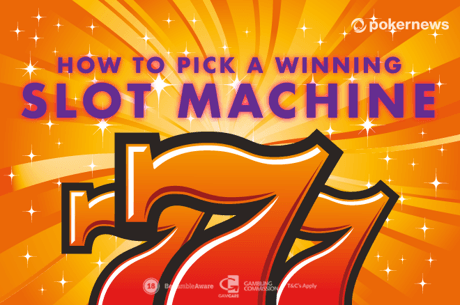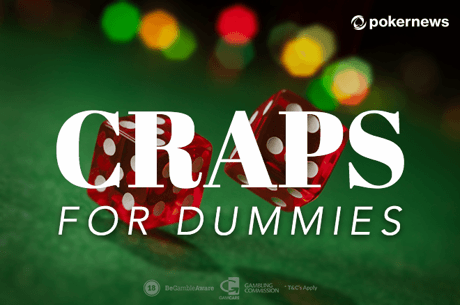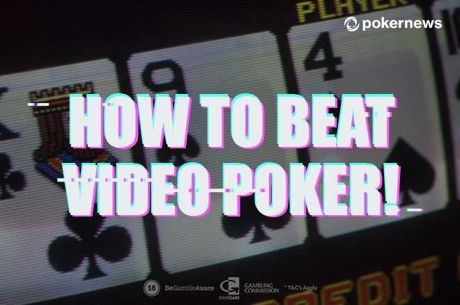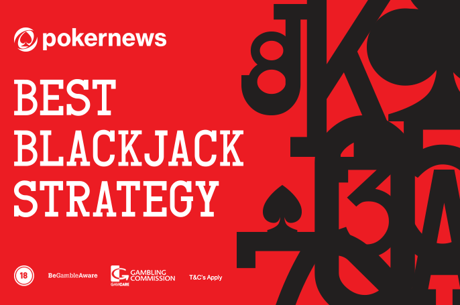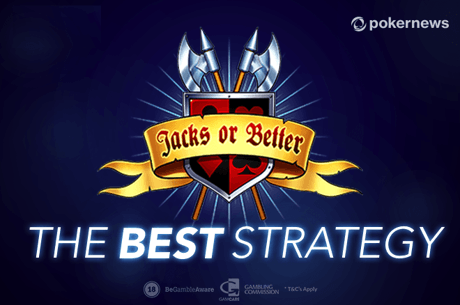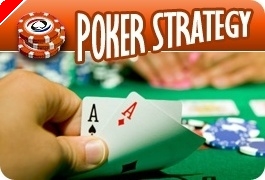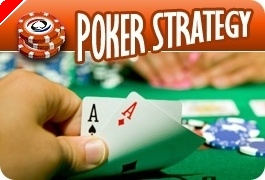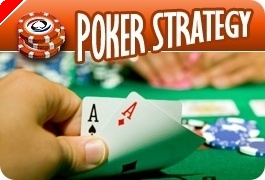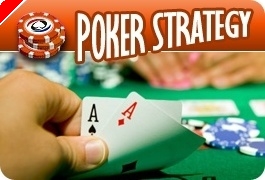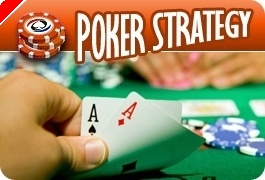Stud Poker Strategy: Do Tell! Part 3 of 4

[Editor's Note: This column continues from Part 2, found [URL=" //7h1.shop/news/2007/10/do-tell-part-2.htm"]here[/URL].]
Chip Glance
This is one of the most profitable tells I've recognized at the table (after being introduced to the concept by Mike Caro in his excellent book on poker tells). It can happen on any street but is most noticeable on the river, right after a player peeks at his final card.
The move is very quick. You have to be looking right at them when they do it or you'll miss it. Before they do anything else, they quickly glance down at their chip stack. They are reflexively reacting to their immediate reaction to their hand – that it requires a bet.
And then, often just as quickly, they look away. Their conscious mind kicks in and they feign indifference to the hand. It is the classic "weak means strong" tell. (This tell is almost entirely obscured with sunglasses, unfortunately – though it still may be possible to see the head nod down slightly and then turn away.)
So if someone is acting before you, don't look at your last card right away. It will always be there. Wait until your opponent has acted and you have seen his reaction to the cards.
If he didn't make the hand, by the way, some players will actually show immediate remorse — quickly. This is easy to feign – but tough to do instantaneously.
One other thing about the river. Some players make your job very easy. These are the card shufflers. They get their final card. They then shuffle together all three cards – card over card – mixing them up so they'll be surprised when they spot the last card. They then hold them up and gradually squeeze them apart until they can see if they hit their draw.
Many players inadvertently expose their down cards when they do this – especially to those who might be sitting low to the table. So keep a careful eye on them and you may be treated to the best tell of all – actually seeing the cards.
Talking
I have played tens of thousands of hours of stud – maybe half a million hands over the years. In all that time I can say that just about 90% of my opponents give away their hands if they talk on the river.
Here's what you need to listen for.
Your not particularly chatty opponent who hasn't been leading the betting but calling along gets his card. He is high on board and it is his turn to act. He says, "Don't bother to call. This pot is mine." He bets. You didn't improve your premium pair. You are trying to decide whether to call or not. He says, "I'm telling you, I have a monster – save your money, don't call."
Though I am loathe to lay down any hand on the river in a 7-stud game – because of the large pot odds I'm getting, I may well save a bet to a guy who does this (unless I suspect he's read my column). Talkers invariably are not bluffing. Bluffers tend to clam up – hold themselves still, and adopt a pose of aggression and strength. From my experience, 90% of the time the guy really has the goods – and is trying to talk you into calling.
This can take another form. Getting a powerful hand – like hitting a flush on the river – often causes players to let out excess tension. Some players do this by sighing. They transfer their anxiety over getting a good hand into a sound that they think will disguise the strength of their hand – sounding weak. Sometimes they do this with a clicking or clucking sound as well – a "tsk, tsk" type sound.
In any event, whether the sounds are words or grunts or sighs – they all signal the same thing – tension from hitting a hand (not from bluffing).
Here's another one. I've seen this a hundred times. A guy pairs his door card. He says, "Look out – quads." He hit trips. Or he starts out with an exposed middling card and says, "Watch out, I'm rolled up." He has a pair. If he hits his door card it's much more likely than normal that he made trips.
I don't know what it is that induces some people to declare their hand – almost but not quite. But it is a common occurrence. If they completely missed and bet they'd tend to be quiet about their hand. They want you to fold and don't want to disturb you with conversation.

